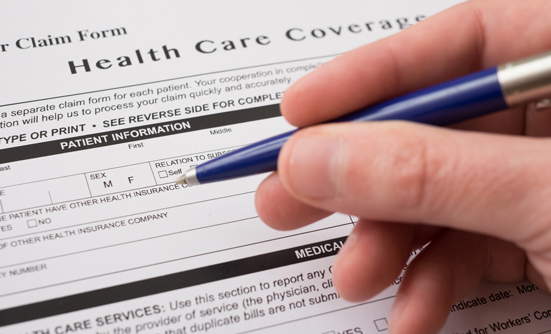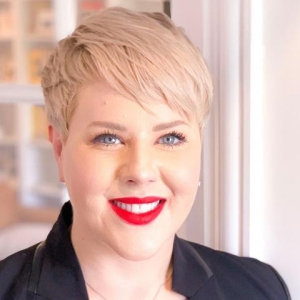Few people are prepared for the financial burdens that can be associated with chronic illness, which is particularly true of cancer. The financial burden of cancer treatment in the United States is approximately $20,000 to $30,000 annually in out-of-pocket costs to the patient.1
This is a significant burden for many Americans. In fact, because of the high cost of cancer treatment, a large percentage (20%) of patients cannot follow all the recommendations of their treatment team as a result of financial barriers.1 It is vital that patients with cancer and their loved ones protect themselves from “financial toxicity.”
Your Insurance Coverage
If you (or someone you love) has been diagnosed with cancer, do you have health insurance, and, if so, do you know what your health insurance covers? Do you qualify for government insurance options such as Medicare or Medicaid? If you shopped for individual coverage on the health insurance exchange, how much would a comprehensive plan cost?
What could you expect out-of-pocket expenses to total? What about drug costs? Although health insurers can no longer discriminate against individuals for preexisting conditions or limit the total of lifetime coverage, there are still huge financial challenges associated with cancer treatment. In addition to the total costs, individuals should be aware of what their insurance plan actually covers.
Does your insurance cover all treatment types and all costs? Are there benefit coverage or access restrictions? How much do your out-of-network providers cost? You must know these details of your insurance coverage to advocate for yourself. Healthcare bills can often be negotiated and lowered, or placed on a payment plan when patients are proactive and show a willingness to discuss their obligations.
Paying for Other Health Services
Individuals with cancer or cancer survivors may require more than just medical care related directly to their illness. Rehabilitation care, nutrition, acupuncture, massage, mental health services, and fitness are among just some of the services that a cancer survivor may need throughout and after treatment.
These services can also be cost-prohibitive. What does insurance cover? Are there other ways of accessing these services, such as workplace wellness programs or community-based services? Are there no-cost options, such as pro bono therapy or free fitness classes?
Financial Assistance
Based on your ability to pay, there are numerous financial assistance programs available to patients in need. These exist in some hospitals, clinics, and community centers, as well as through nonprofit and other charity organizations and corporate programs, such as patient assistance programs for cancer drugs.
Financial counselors may also be available to help you sort through your financial obligations; these can be located at the treatment facility or at a local or national nonprofit organization. Patients with cancer should seek information regarding financial assistance and apply to programs for which they are eligible.
Documentation
Cancer treatment can be overwhelming. Therefore, it’s more important than ever to save all documentation and receipts. Coverage information can be challenging to understand, and it is nearly impossible to understand without all the relevant information. If possible, this information should be organized and readily accessible. This is particularly important if your family members or friends are working with you to tackle your financial obligations. They should be able to access the documentation necessary to assist you.
Although it can be tempting to ignore medical bills when treatment means the difference between life and death, financial toxicity can be devastating. Prepared patients can be proactive to address financial obligations in a responsible way.
Working to understand and address financial concerns can even be a way to gain some control in an otherwise chaotic situation. Remember, there are resources and support systems in place to help you!
For daily information on being an engaged patient, follow us on Twitter @PreparedPatient.
Reference
- Kantarjian H, Steensma D, Rius Sanjuan J, et al. High cancer drug prices in the United States: reasons and proposed solutions. J Oncol Pract. 2014;10:e208-e211.
Patient Resources
Prepared Patient
http://preparedpatient.org/treatment
Patient Advocate Foundation
www.patientadvocate.org
CancerCare
www.cancercare.org/publications/62-sources_of_financial_assistance







